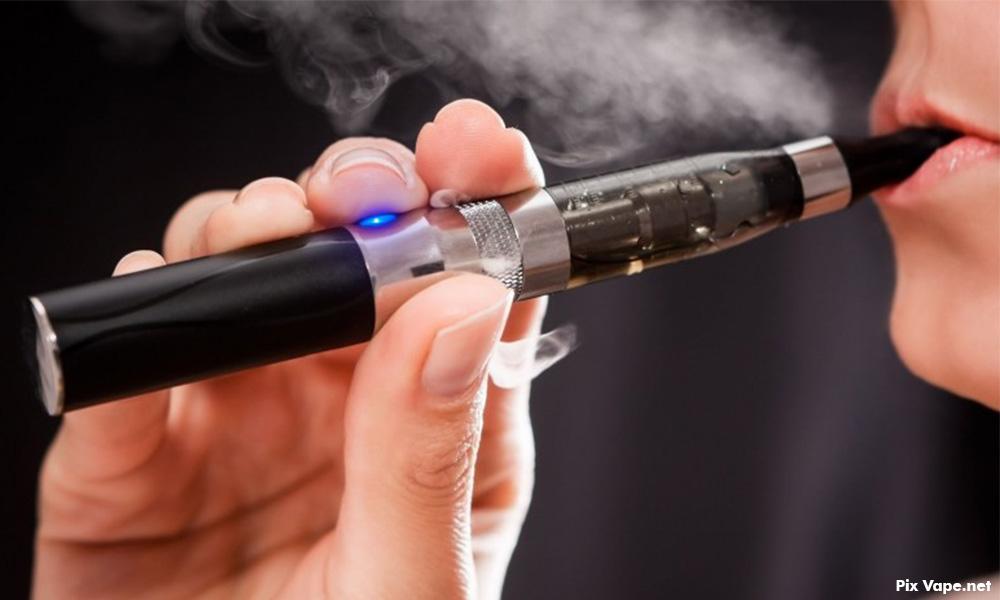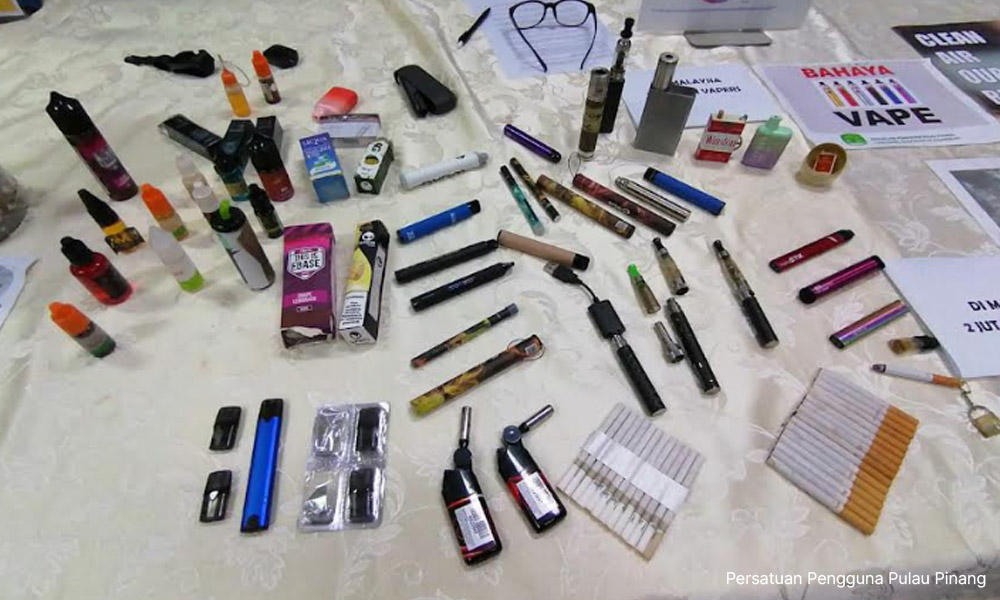Health Minister Dr Zaliha Mustafa contended that she has ministerial authority to delist nicotine from the list of controlled substances under the Poisons Act 1952 (Act 366), and does not need prior permission from the Poisons Board.
She stated this in her affidavit to oppose three NGOs' judicial review to challenge her decision to delist nicotine.
“I have been advised by the senior federal counsel and verily believe that based on Section 6 of Act 366, I am only required to get consultation from the Poisons Board on the exemption decision (on nicotine) and have no need to get the Poison Board’s approval.
“Therefore, I verily believe that the decision on the poisons order is valid under law, been done rationally and there has not been lack of procedure,” Zaliha (above) contended.
The three judicial review applicants - the Malaysian Council for Tobacco Control (MCTC), the Malaysian Green Lung Association (MGLA) and Voice of the Children (VOC) - contended that the minister did not properly consider and engage with the Poisons Board over its unanimous vote against the nicotine exemption.

In her affidavit, Zaliha pointed out that the Health Ministry has taken into account the factor that the government is in the process of tabling the Smoking Control Bill 2023 (RUU 2023), with the first reading done in Parliament on June 12, this year.
She noted that this parliamentary bill includes a provision that forbids the selling of smoking products to those born after Jan 1, 2007.
She said that the bill would encapsulate electronic cigarettes and vape products.
"In line with the disputed order, the government has imposed excise duty on liquid or gel products that contain nicotine, and this is in line with the government's commitment, whereby taxation is one form of control that can be implemented against the usage of cigarettes and tobacco, including electronic cigarettes and vape which are smoking products of the present era.
"I verily state that the collected amount from the excise duty would be utilised by the Health Ministry for allocation to health care," she said.
Zaliha claimed that her disputed decision is part of efforts to bring about the taxation of such smoking products and thus decrease the accessibility of such products.
"I state that electronic cigarettes and vape containing nicotine liquid or gel have been available in the market illegally and sold widely without any control.
"Via this disputed order (decision to delist nicotine), factories need to register factory activities with the Malaysian Royal Customs and Excise, and this is a form of control that can be done before comprehensive control can be done via the passing of the RUU 2023 that had been previously tabled," she said.
Earlier on March 31, the Health Ministry exempted nicotine from the list of controlled substances under the Poisons Act with the aim of introducing a new bill to regulate smoking products and devices, including nicotine in liquids and gels used in e-cigarettes and vapes.

In the run-up to the exemption, Malaysian Medical Association (MMA) president Dr Muruga Raj Rajathurai expressed concern that once nicotine is removed from the Poisons Act, vape containing the substance can then be sold in the public legally, and with no control to prohibit the sale of these items to minors.
According to a copy of the judicial review that targeted the health minister (who is not named) and the federal government as first and second respondents, the three NGOs are seeking a court order to nullify Zaliha’s decision on March 31 to amend the Poisons Act.
The three applicants contended that the minister did not properly consider and engage with the Poisons Board over its unanimous vote against the nicotine exemption.
The trio claimed the exemption allows electronic cigarettes and vape products with nicotine to be sold openly and legally to anyone, including children aged below 18 years old, without any form of regulation or control as there is none at present.
The applicants pointed out that the exemption, coupled with the current lack of legislation or regulation on electronic cigarettes and vape, legally permits any level of nicotine content in these products.
The groups claimed the minister’s actions are irrational as the exemption would lead to electronic cigarettes and vape with nicotine being freely sold to children. - Mkini




No comments:
Post a Comment
Note: Only a member of this blog may post a comment.